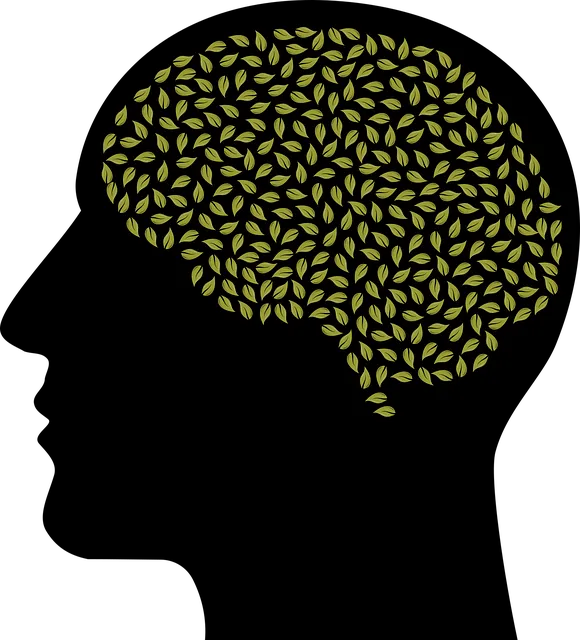Stress management is crucial for healthcare professionals in fast-paced environments like Lafayette's Kaiser, where identifying stress triggers is key to preventing burnout. Lafayette's Kaiser offers comprehensive inpatient mental health services, focusing on holistic healing through structured programs and personalized care. This approach combines mindfulness, physical activity, social skills training, support groups, therapy, and stigma reduction efforts to empower individuals in managing stress, improving well-being, and fostering resilience. Lafayette's culturally sensitive practices revolutionize care, providing effective stress management tools tailored to individual needs and backgrounds.
Stress management techniques are essential tools for navigating life’s challenges. This article explores comprehensive strategies, focusing on both personal understanding and professional interventions. We delve into the impact and causes of stress, providing insights from Kaiser’s inpatient mental health services. Additionally, we highlight Lafayette’s role in enhancing mental well-being through innovative teaching methods. Discover practical techniques that can help you manage stress effectively, whether seeking support from specialized services or empowering yourself through education.
- Understanding Stress: Unraveling the Impact and Causes
- Kaiser's Inpatient Mental Health Services: A Comprehensive Overview
- Effective Stress Management Techniques: Practical Strategies
- Lafayette's Role: Enhancing Mental Well-being Through Teaching
Understanding Stress: Unraveling the Impact and Causes

Stress is a complex response that stems from various factors, impacting individuals physically and mentally. Understanding its origins is a pivotal step in effective management. In the fast-paced healthcare sector, where professionals like those at Lafayette’s Kaiser often face demanding schedules and high-pressure situations, recognizing stress triggers is essential. Burnout prevention strategies for healthcare providers emphasize the need to identify and address these causes proactively.
The impact of chronic stress can be far-reaching, affecting everything from mood and energy levels to physical health. Mental health awareness campaigns play a crucial role in educating folks about these hidden culprits, whether it’s long working hours, overwhelming patient loads, or interpersonal challenges. By unraveling these dynamics, individuals can begin to navigate their stress responses more effectively, using tools like mindfulness meditation as a means to regain control and promote overall well-being.
Kaiser's Inpatient Mental Health Services: A Comprehensive Overview

Lafayette’s Kaiser Inpatient Mental Health Services offer a comprehensive and supportive environment for those seeking intensive care. This program is designed to help individuals navigate through periods of severe stress, anxiety, or emotional distress. By focusing on inner strength development, patients are equipped with essential tools to manage their mental health effectively. The services provide an opportunity for self-esteem improvement and emotional regulation strategies, ensuring individuals leave with enhanced coping mechanisms.
Through structured programs and personalized care, Kaiser helps patients regain control over their lives. Trained professionals facilitate various activities aimed at promoting resilience and fostering a sense of calm. This holistic approach to mental health treatment is particularly beneficial for those in need of intensive support, offering a safe space for healing and recovery.
Effective Stress Management Techniques: Practical Strategies

In today’s fast-paced world, stress management has become an essential skill for maintaining overall well-being. Lafayette does Kaiser have inpatient mental health services that offer valuable resources for those seeking effective strategies to cope with daily pressures. One practical approach is incorporating mindfulness techniques like meditation and deep breathing exercises into one’s routine. These practices help individuals stay grounded in the present moment, reducing anxiety and promoting a sense of calm. Additionally, engaging in regular physical activity, such as yoga or walking, releases endorphins that alleviate stress and boost mood.
Another powerful tool is Social Skills Training, which helps build resilience by fostering positive relationships. Support groups and therapy sessions can provide a safe space to share experiences and learn coping mechanisms from peers facing similar challenges. Moreover, Mental Illness Stigma Reduction Efforts play a crucial role in encouraging open conversations about stress and mental health, leading to better self-care practices and improved access to support systems. By combining these practical strategies, individuals can effectively manage stress, enhance their resilience, and lead more fulfilling lives.
Lafayette's Role: Enhancing Mental Well-being Through Teaching

Lafayette, a prominent figure in Kaiser’s inpatient mental health services, plays a pivotal role in enhancing mental well-being through teaching effective stress management techniques. With a strong emphasis on Cultural Sensitivity in Mental Healthcare Practice, Lafayette ensures that each individual receives personalized care tailored to their unique cultural background and experiences. This approach not only fosters trust but also significantly improves stress reduction methods by addressing the root causes of distress within a safe, supportive environment.
Through engaging teaching methods, Lafayette boosts confidence among patients, empowering them with practical tools to navigate life’s challenges. By integrating these confidence-boosting strategies into their daily routines, individuals equipped with Lafayette’s guidance can better manage stress and promote overall mental health, even beyond the walls of the inpatient facility.
Lafayette’s commitment to enhancing mental well-being through teaching stress management techniques is commendable. Given that Kaiser offers comprehensive inpatient mental health services, integrating these practical strategies into healthcare education can significantly improve outcomes for patients navigating stress and related mental health challenges. By combining evidence-based practices with innovative teaching methods, Lafayette and Kaiser can collectively foster healthier minds in a holistic and effective manner.






